INFLUENCE
Dr. Larry Burris’s
03/17/2025
We’ve heard a lot about how powerful and influential the media are in shaping public opinion, particularly in the political arena. There seems to be this generalized fear the media are telling us what to think and do, and over the last few years have grown too powerful, and either too aggressive or too obedient to outside forces.
But, if we stop for a moment and take an historical look at American media, we’ll see the media have always been a powerful influence in American life.
This week, for example, marks the 173rd anniversary of the publication of Harriet Beecher Stowe’s anti-slavery novel, “Uncle Tom’s Cabin.”
The novel, published in 1852, reportedly sold more than 1-million copies the first year, and is sometimes credited with turning public opinion against slavery. In fact, some historians directly link the start of the Civil War some eight years later with the book, and President Abraham Lincoln is reported to have met with Stowe, and commented she was the little lady who started all of the big trouble.
And on March 19, 1859, the first Thomas Nast cartoon appeared in Harper’s Weekly. Nast, of course, gave us the images we still use of Santa Claus, Uncle Sam, the Republican elephant the Democratic donkey, and in the area of influence, helped bring down the corrupt government of Tammany Hall.
Of course, Stowe and Nast were not he first writers and artists to influence public opinion. Thomas Paine is credited with almost single-handedly turning public opinion against the British at the start of the Revolutionary war, and Ida Tarbell, one of the muckrakers, took on Standard Oil, and won a major anti-trust victory over the petroleum industry.
Even before the days of the Roman empire, the media were being used to exert influence over public opinion. Julius Caesar, for example, wrote the “Gallic Wars” in order to promote his own political agenda, and he pretty much succeeded on the basis of the book alone.
In almost all of these instances, books and pamphlets were used, not just to sway public opinion, but to actually rally the public to support turmoil and strife.
There is no doubt the media can exert tremendous influence over public opinion, and the potential for abuse is certainly there. Media in all their forms have a powerful forum from which to dispense ideas, both good and bad.
Fortunately, history has also shown us the media can only be as powerful as the public lets them be, and ultimate control over public opinion rests, not with writers and speakers, but with you, the reading, viewing and listening public.
I’m Larry Burriss.



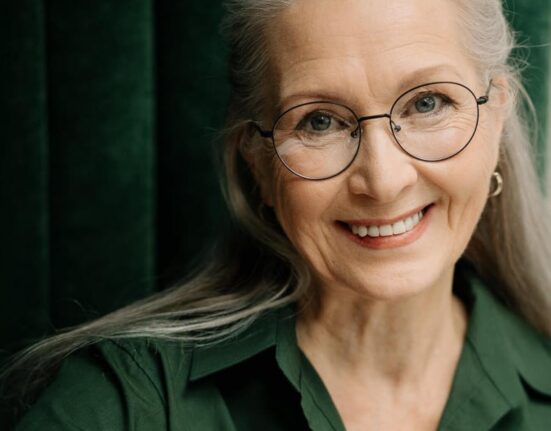














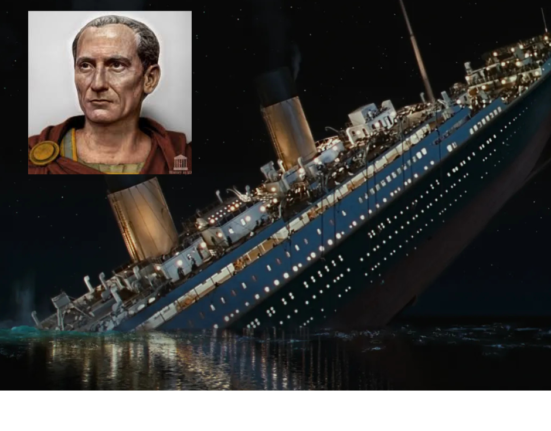
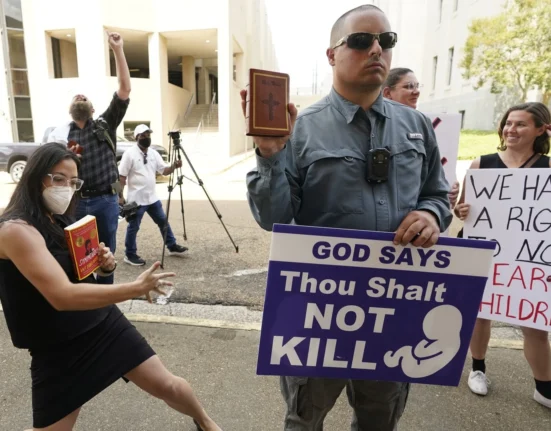
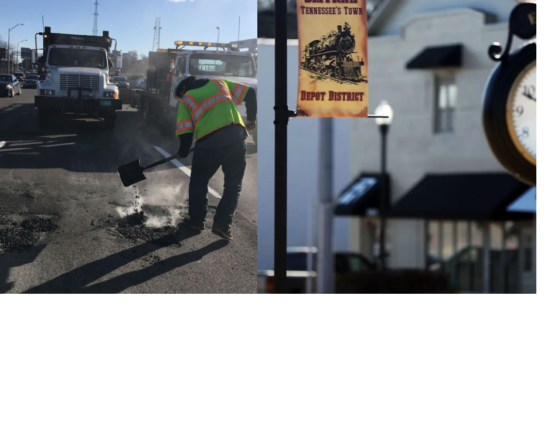


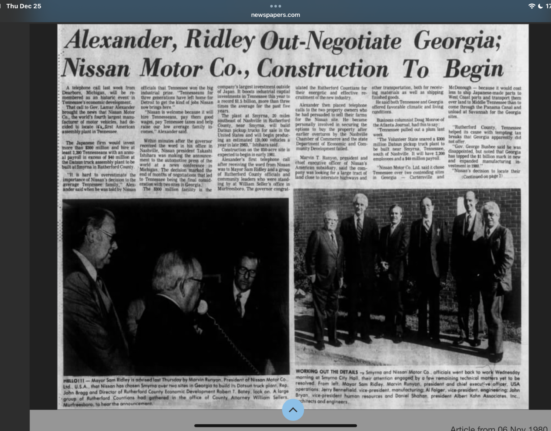
Leave feedback about this